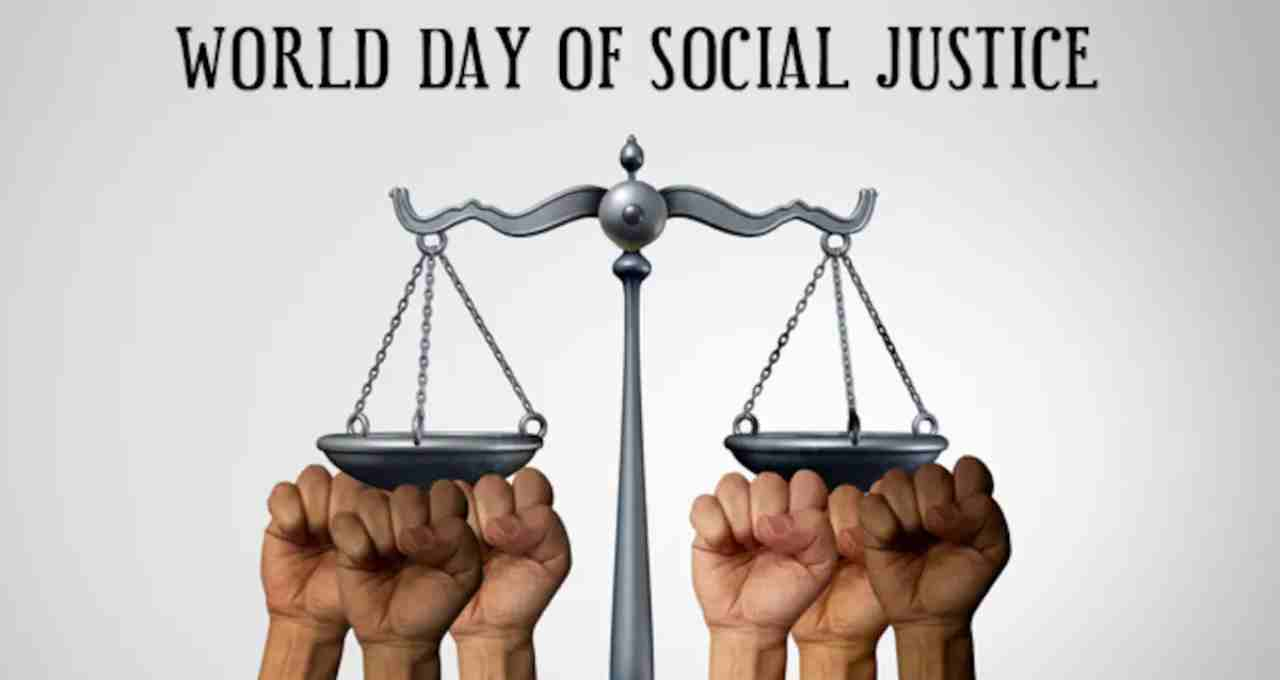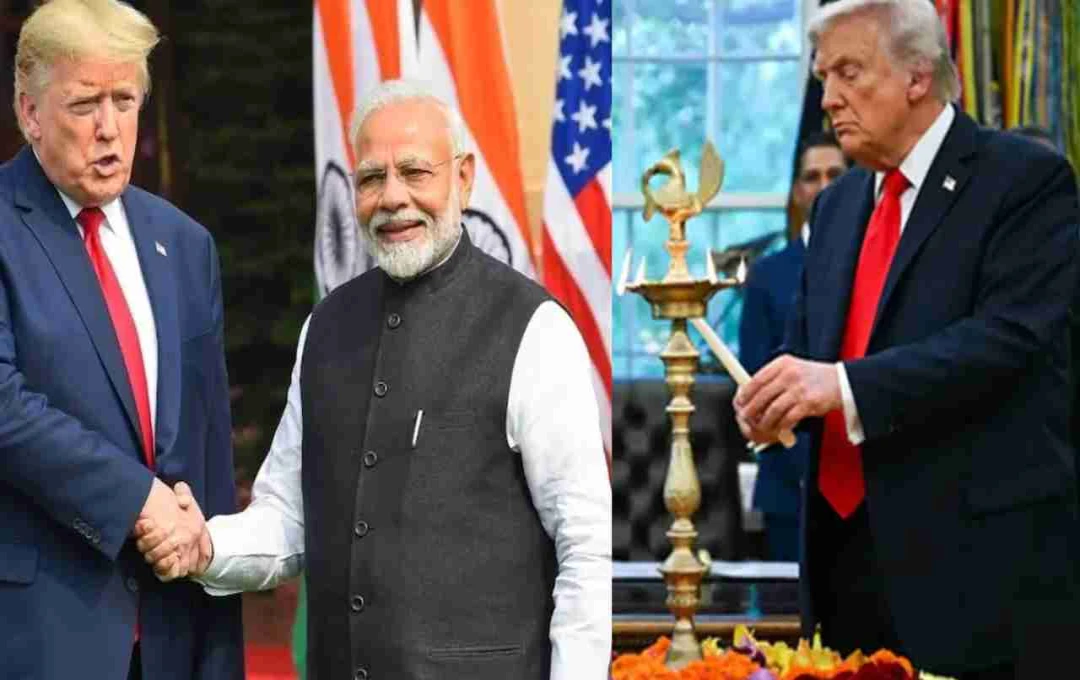World Day for International Justice is observed annually on July 17th. This day is recognized as a celebration of justice, accountability, and the universal spirit of human rights. Its primary objective is to strengthen the justice system at the international level, ensure justice for victims of war and human rights violations, and promote peace, stability, and accountability in the world.
In today's world, where human rights violations, war crimes, and atrocities have become global concerns, this day reminds the global community that regardless of the perpetrator, they must be punished, and the victim must receive justice.
Objectives of World Day for International Justice
- To ensure justice against international crimes.
- To provide justice to war victims, displaced persons, and those who have suffered injustice.
- To protect human rights and strengthen the role of judicial institutions.
- To promote global peace and stability by determining the accountability of the guilty.
History of World Day for International Justice
This day is directly linked to the historic conference held in Rome (Italy) in 1998, where the "Rome Statute" was adopted. This statute paved the way for the establishment of the International Criminal Court (ICC). The Rome Statute came into effect on July 1, 2002, and the ICC began its operations on the same day.

In 2010, during a review conference held in Kampala, Uganda, it was decided that July 17th would be observed annually as World Day for International Justice. The aim is to highlight the importance of the Rome Statute and the need for justice against international crimes at a global level.
Introduction to the International Criminal Court (ICC)
The International Criminal Court (ICC) is the world's first permanent, independent, and international tribunal, which prosecutes individuals who have committed serious international crimes. The ICC is headquartered in The Hague, Netherlands.
The ICC has been formally operational since July 2002.
Key Crimes under the ICC
- Genocide
- War Crimes
- Crimes Against Humanity
- Crime of Aggression
The ICC's objective is to punish those guilty of crimes that go beyond the borders of a single country and are committed against humanity, and for which the country's judicial system is unable to take effective action.
India's Position and the ICC
India has not yet signed the Rome Statute and therefore is not a member of the ICC. There are several clear reasons behind India's distance from the ICC:
- India's arguments and objections: Threat to national sovereignty: India believes that some provisions of the ICC could be detrimental to its internal sovereignty, military policy, and internal security.
- Influence of the United Nations Security Council: India fears that the ICC is heavily influenced by the permanent members of the UNSC (who have veto power). This could affect judicial impartiality.
- Impact in Kashmir and Naxal-affected areas: India fears that the ICC's interference in its internal issues (such as Kashmir or Naxal-affected areas) could impede its policies and actions.

However, India has been clear about its commitment to human rights and has provided for severe punishments under domestic laws for war crimes, crimes against humanity, and similar offenses.
ICC and Global Impact
Today, the number of member countries of the ICC is more than 120. In many countries, the ICC's efforts have led to the punishment of war criminals and human rights violators. The ICC has played a significant role in delivering justice in many countries in Africa, Europe, and Latin America. However, major countries like the United States, China, and Russia are also not full members of the ICC. The US had signed, but later withdrew.
In the current global context, where war, ethnic violence, genocide, and human rights violations are occurring in many parts of the world, the relevance of the ICC and the importance of this day have increased even more. This day reminds world leaders and institutions that peace is impossible without justice.















